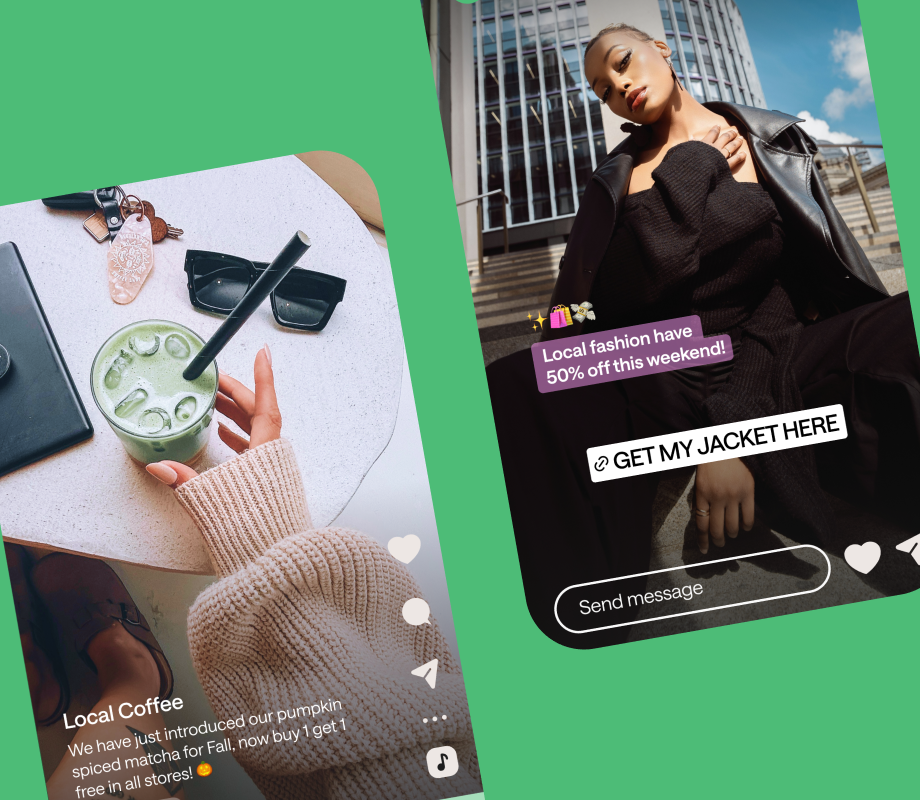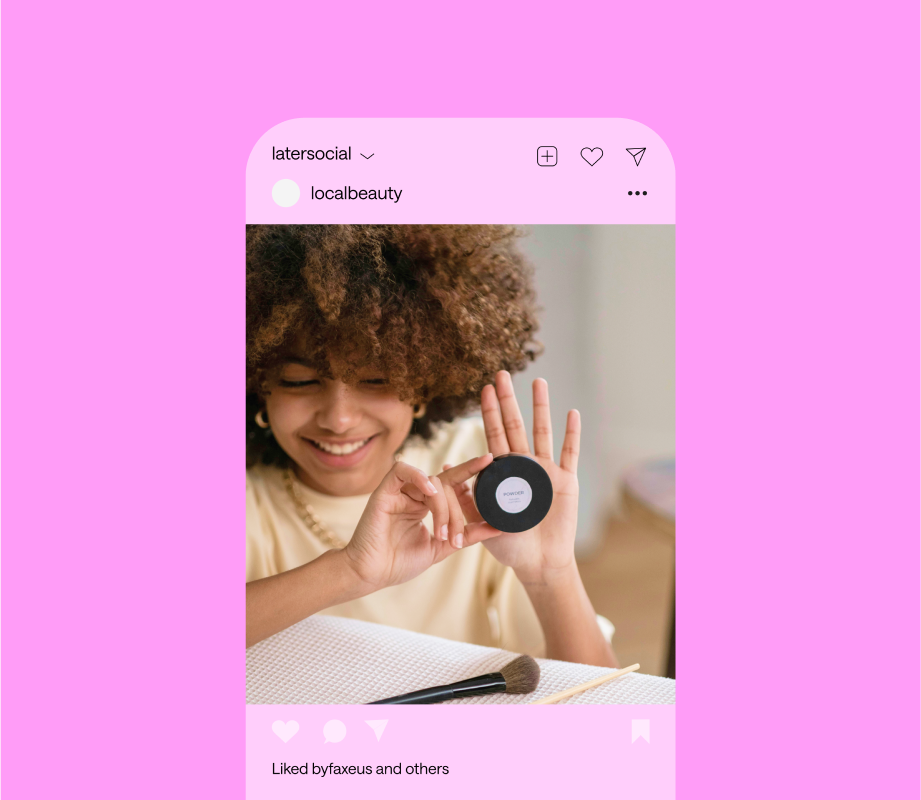Born after 2010, Gen Alpha is reshaping how brands connect with families.
With over 2 billion people worldwide, they are the largest generation in history and the most digitally immersed.
Raised by Millennial parents and sometimes referred to as “mini-millennials,” Gen Alpha is already leaving their mark on trends in technology, education, and cultural representation.
For brands, understanding Gen Alpha means looking beyond the children themselves to their parents, who act as gatekeepers for their consumption habits.
By addressing the forces shaping this generation, brands can craft strategies that resonate with Millennial parents today while setting the foundation for lifelong loyalty from Gen Alpha.
Table of Contents
Who Is Gen Alpha?
Gen Alpha stands apart from previous generations in ways that demand a fresh approach from marketers.
This generation, born entirely in the 21st century, is growing up in a fully digital world. By preschool age, children in this group are already spending over 15 hours per week on digital devices.
Technology is not just a tool for them; it is a central part of their learning, play, and socialization.
In the US, Gen Alpha is also the most racially and ethnically diverse generation.
For marketers, this diversity underscores the need for authentic representation in campaigns, as both Gen Alpha and their parents expect brands to reflect the real world.
Forces Shaping Gen Alpha
Several cultural, social, and technological forces are defining Gen Alpha.
These forces influence the way this generation sees the world and reshape how their parents make purchasing decisions.
A Digitally Native Generation
From a young age, Gen Alpha demonstrates a level of digital fluency that exceeds even their Gen Z predecessors.
Their immersion in technology starts early, with educational tools, games, and apps forming a significant part of their daily routines.
This early exposure creates opportunities for brands to position themselves as family-friendly and innovative.
For Millennial parents, digital literacy is a double-edged sword.
They want their children to benefit from technology while maintaining a safe and healthy balance.
Influencers who promote products that integrate fun and education, like STEM-focused subscription boxes from KiwiCo, are particularly effective in earning parents’ trust.
Empowerment and Representation
Inclusivity and empowerment are cornerstones of Gen Alpha’s identity.
Confidence in expressing opinions online has grown by 18% among girls since 2023, while boys have seen a 5% decline.
Girls are also more likely to value diverse representation in media, with 3% more girls saying this is important.
These trends highlight an opportunity for brands to lead with representation and inclusivity in their marketing.
Campaigns that celebrate diverse voices and empower young audiences resonate strongly with Millennial parents who want to see these values reflected in their children’s experiences.
Global Connectivity
As the most globally connected generation, Gen Alpha is set to thrive in multicultural environments.
Their parents are already investing in resources that prepare them for a world that is increasingly borderless, from learning new languages to travelling internationally.
This global perspective should inform marketing strategies.
Brands can engage Millennial parents with campaigns that reflect cultural diversity and international accessibility.
Multilingual influencers and global campaigns are powerful tools to capture the attention of these forward-thinking families.
What You Need to Know About Marketing to Millennial Parents
Millennial parents are the key decision-makers for Gen Alpha.
As a generation that values authenticity, inclusivity, and educational opportunities, their preferences heavily influence the brands they trust and the products they choose for their children.
Trust in Family-Friendly Content
Because of the gen alpha age range, Millennial parents prioritize safety and age-appropriate messaging.
Influencers who align with these values can build meaningful connections with this audience.
Campaigns like Later’s KiwiCo collaboration showcase educational tools through trusted creators, ensuring parents feel confident in their purchasing decisions.
Inclusivity and Representation
Representation matters deeply to Millennial parents, who want to see their diverse identities reflected in the brands they support.
Partnering with influencers from varied cultural and racial backgrounds can help brands resonate more effectively with this audience.
Long-Term Engagement
Parents are drawn to brands that grow with their families.
By focusing on products that adapt to children’s developmental stages, marketers can create campaigns that foster long-term loyalty.
Looking Ahead: How Gen Alpha Will Shape Marketing Trends
Gen Alpha’s influence is just beginning, but their long-term impact is already becoming apparent.
With traditional milestones like moving out or starting a career occurring later, Millennial parents will continue to influence their children’s choices well into young adulthood.
Prolonged Parental Influence
As Gen Alpha stays in education longer and enters the workforce later, parents will remain key decision-makers for an extended period.
This extended influence offers brands a unique opportunity to build lasting connections with Millennial parents while preparing to engage Gen Alpha as they mature.
Setting the Foundation for Lifelong Loyalty
Brands that understand and align with Millennial parents’ values can create pathways to engage with Gen Alpha directly in the future.
Later’s Baby Brand campaign showcases how influencer marketing can build trust with families, laying the groundwork for future loyalty.
Preparing for the Alpha Era
Gen Alpha is reshaping family dynamics, consumer behavior and marketing trends.
Their diversity, digital immersion, and evolving priorities offer both challenges and opportunities for brands.
By focusing on Millennial parents as decision-makers and crafting campaigns that reflect shared values, brands can position themselves for long-term success.
Ready to craft campaigns that resonate with Millennial parents and prepare for the next generation of consumers?
Book a demo with Later today and take the first step toward building lifelong customer loyalty.




